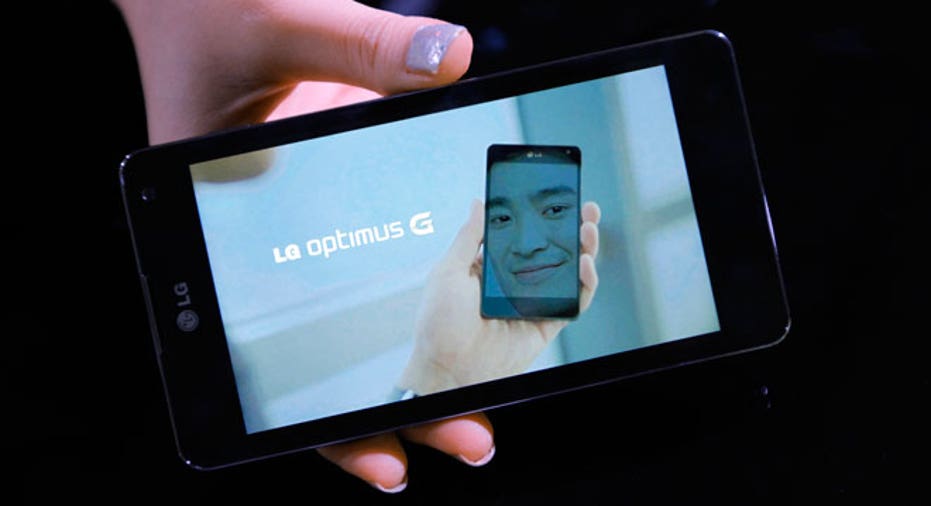White House Pushes for Cell Phone Unlocking to be Made Legal

When you buy a cell phone, you may technically own it. But that doesn't mean you can do whatever you want with it. As it stands now, mobile users cannot move between carriers while under contract. To lure customers, carriers often offer low--if not free--prices on mobile phones as part of a long-term contract. While under contract, users can not take that phone to a rival offering better deals. Being able to move between carriers is called "unlocking" and although it’s common among both smartphone and tablet users, it is illegal. However, the White House is now getting behind the push to make unlocking legal, so long as consumers aren't doing so while under a contract with a carrier. The move would allow consumers to buy a discounted phone from Verizon (NYSE:VZ), for example, and change to Sprint (NYSE:S). But there is a catch, according to tech blog Boy Genius Report Co-founder Jonathan Geller. Verizon and Sprint phones use CDMA technologies, while AT&T (NYSE:T) and T-Mobile use GSM. GSM technology allows users to switch phones with a SIM card, CDMA technology does not. "Sprint and Verizon phones you cannot unlock- they have a network configured," he says. "But within the next two years, you should be able to unlock all new phones, because they will be LTE devices. This is part of the FCC's new guidelines" But why does the White House care about your cell phone? The Library of Congress is responsible for the banning of unlocking because it oversees certain copyright manners, according to Geller. It banned unlocking last year, effective this January, if a carrier does not give permission. Technology activists created the "Make Unlocking Cell Phones Legal" petition on the White Houses' website, which has more than 100,000 signatures, prompting the government to respond, Geller says. This latest move will likely push the Library of Congress to reverse its decision, he says. "[Allowing unlocking] is a win for consumers, and needed to be done," he says. "It’s preposterous that it’s against the law to unlock a phone." Unlocked phones are sold all over the internet and is legal in most countries. Unlocking a phones' software is extremely easy and cheap, Geller says. Carriers will sometimes do it for free, again so long as you are not under contract, and codes to unlock a phone can be purchased online for between $5 and $15. "There is a copyright penalty for unlocking codes," he says, noting the people profiting from them are breaking the law and can be sued. "A wireless carrier can collect between $200 and $2,500 for a violation. Criminal penalties include jail time, so it’s a big deal."



















